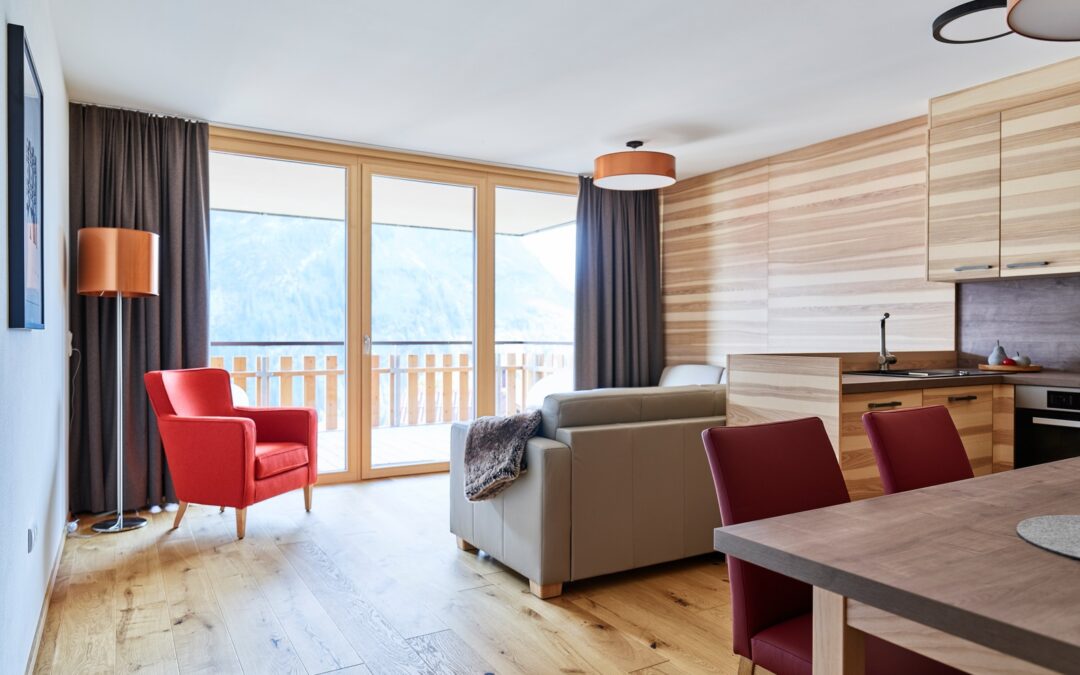What are FHLs?
A Furnished Holiday Let or FHL for short, is a type of short-term rental accommodation. It can be a highly profitable way for property owners to generate rental income.
What aren’t FHLs?
Although we are familiar with holidays parks and caravan parks having cabins, caravans, and other moveable ‘buildings’ on a site, the building must be used for holiday lettings purposes or provide a service as part of the facilities; such as a communal washroom block. If a unit is used for residential purposes only over the allotted time period (over 155 days a year), then the building will not qualify as a furnished holiday let.
What are Capital allowances
Capital Allowances are a type of tax relief. They allow you to deduct some, or all the value of an item from your profits before you pay tax. These allowances are used against an individual, a partnership or a limited company’s annual taxable profit.
How do Capital Allowances work with FHLs?
There are certain qualifying criteria for capital allowances that need to be met to benefit from these highly profitable properties.
These include:
- The FHL must be based in the UK or the European Economic Area (EEA)
- As the name suggests, the FHL must be fully furnished and may offer additional services such as housekeeping etc.
- The FHL must be available to let for at least 210 days per tax year.
- The FHL must be let for at least 105 days per tax year.
Scenarios that do not qualify for capital allowances on FHLs
- Renting your principal residence out as an FHL
- Renting a property out to family and friends as a non-profit making activity
- The FHL must not be let for a continuous period of more than 30 days by the same occupant
- If the FHL is let for more than 30 days, the surplus days will not count towards your FHL income and there must be a total of no more than 155 days of longer lettings
- If the same occupant stays for longer than 155 days then this will void the property as an FHL
Like with other rental income, FHL income & expenditure need to be reported through your accounts and tax return(s) however, the tax treatment is slightly different to other residential property. As these properties are let out on a ‘commercial’ basis in this case, commercial means with a view to making a profit.
Example
You purchase holiday let for a total of £500,000, you could have £175,000 of Capital Allowances to claim. This could potentially give you £43,750 (25%) of corporation tax savings or potentially £78,750 (45%) of tax savings for an additional rate payer.
FHLs impending tax rule changes from April 2024
As suspected the government is still going to move ahead with their plans to remove the tax advantages that current furnished holiday let owners enjoy. The proposed revisions include:
- applying the finance cost restriction rules so that loan interest will be restricted to basic rate for Income Tax
- removing capital allowances rules for new expenditure, however introducing the replacement of domestic items relief
- withdrawing access to reliefs from taxes on chargeable gains for trading business assets
- no longer including this income within relevant UK earnings when calculating maximum pension relief
After removal of the current tax regime, former furnished holiday let properties will form part of the person’s UK or overseas property business and be subject to the same rules as non-furnished holiday let property businesses. Read the proposal here.
Looking into more detail about how these changes will affect you we understand that:
- Businesses with FHL properties will no longer be eligible for more beneficial capital allowances treatment but will instead be eligible for ‘replacement of domestic items relief’ in line with other property businesses — where an existing FHL business has an ongoing capital allowances pool of expenditure, they can continue to claim writing-down allowances on that pool — any new expenditure incurred on or after the operative date must be considered under the property business rules.
Meaning you can still claim capital allowances on FHL properties until the end of March 2025. This includes properties that are not subject to claiming 1st year allowances such as the annual investment allowance (AIA).
An individual or business will still be able to claim ‘pooled’ allowances so far as they still own the property and it is traded as an FHL, until they either sell the property or crease the property trading as an FHL.
To take advantage of this limited time period (until the end of March 2025) to make a capital allowance claim on FLH’s, please contact us.


